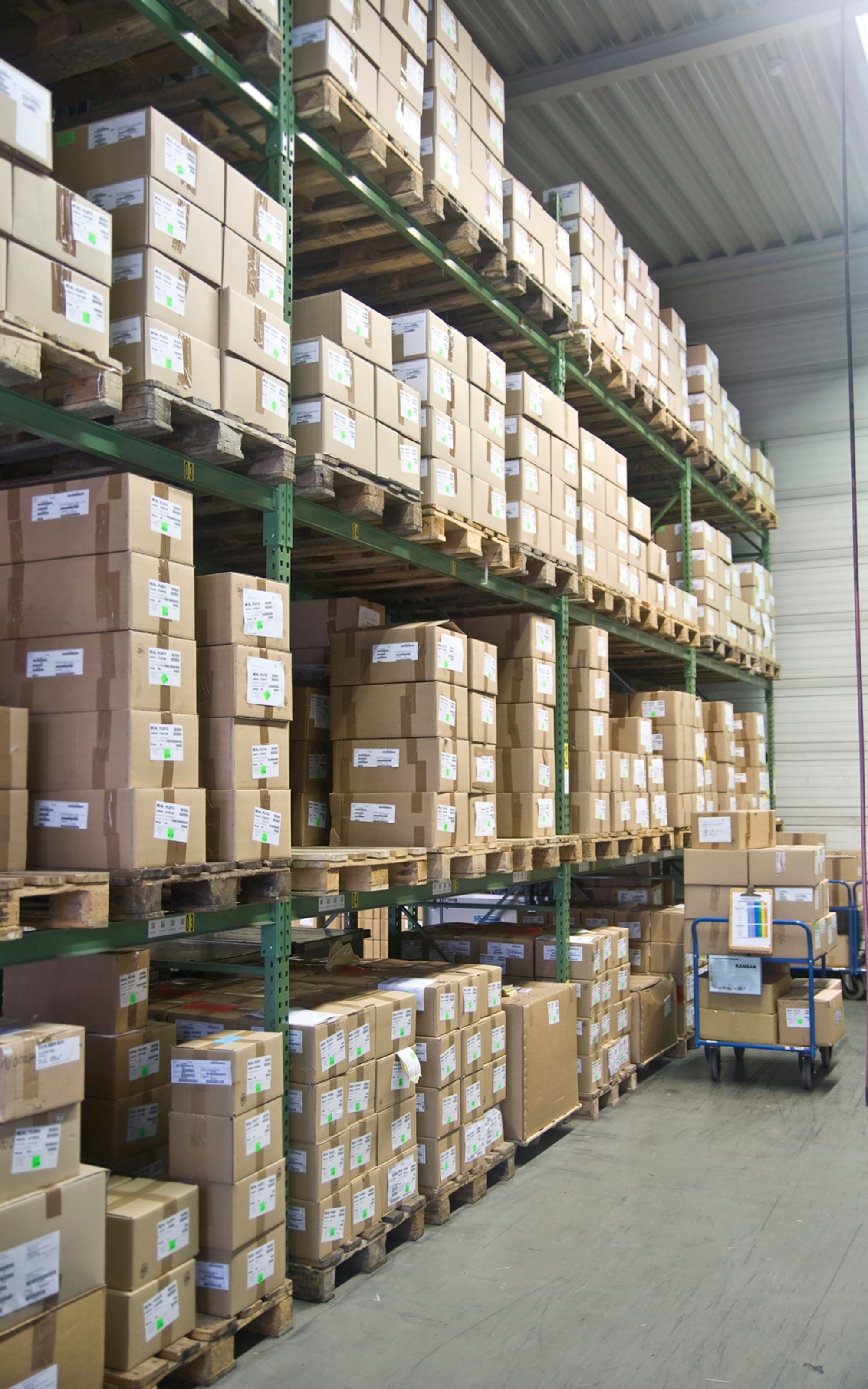Advanced Analytics and Visibility Tools
Goods2load’s logistics partners leverage advanced analytics and visibility tools to provide real-time insights into your supply chain. This helps businesses make better decisions and respond quickly to any issues.
-
Real-time data insights
-
Improved decision-making
-
Quick issue resolution
Flexible Multimodal Transportation Options
Goods2load connects businesses with logistics partners that offer various transportation options, including air, sea, and land, to ensure efficient and cost-effective delivery of products.
-
Air, sea, and land transport
-
Cost-effective delivery options
-
Flexible transportation solutions
Benefits of Implementing Retail Logistics Solutions with Goods2Load
Enhanced Customer Experience
Partnering with Goods2load ensures that logistics partners provide solutions that enhance the customer experience by ensuring timely delivery and accurate order fulfillment.
Improved Operational Efficiency
Goods2load connects businesses with logistics partners who help streamline operations, reducing the time and resources needed to manage the supply chain.
-
Streamlined operations
-
Reduced resource usage
-
Increased efficiency
Cost Reduction and Optimization
By optimizing supply chains, Goods2load’s logistics partners help reduce operational costs, allowing businesses to allocate resources more effectively.
Types of Retail Logistics Solutions
Inventory Management Systems
Effective inventory management systems, provided by Goods2load’s logistics partners, are crucial for maintaining optimal stock levels and preventing overstocking or stockouts.
Order Fulfillment and Processing
Goods2load connects businesses with logistics partners that ensure efficient order fulfillment and processing. This guarantees that customer orders are accurately picked, packed, and shipped on time.
-
Accurate order picking
-
Efficient packing
-
Timely shipping
Transportation and Distribution Networks
Goods2load’s logistics partners offer well-designed transportation and distribution networks, ensuring products are delivered quickly and cost-effectively.
Choosing the Right Retail Logistics Partner with Goods2load
Key Factors to Consider
When choosing a retail logistics partner, businesses should consider factors such as experience, technology, and scalability. Goods2load helps businesses find logistics partners that meet these requirements.
Evaluating Provider Capabilities
Scalability and flexibility are crucial for adapting to changing market conditions and growing your business. Goods2load connects businesses with logistics partners who offer scalable and flexible solutions.
Importance of Scalability and Flexibility
Scalability and flexibility are crucial for adapting to changing market conditions and growing your business.
Goods2Load Sustainable Retail Logistics Practices
Green Transportation Options
Goods2load connects businesses with logistics partners that offer green transportation options, helping reduce the environmental impact of the supply chain.
-
Eco-friendly transport
-
Reduced carbon footprint
-
Sustainable logistics
Eco-Friendly Packaging Solutions
Goods2load’s logistics partners provide eco-friendly packaging solutions to reduce waste and promote sustainability throughout the supply chain.
Waste Reduction Strategies
Implementing waste reduction strategies with the help of Goods2load’s logistics partners can minimize the environmental impact of logistics operations.
Challenges in Retail Logistics
Managing Peak Season Demands
Managing peak season demands can be challenging due to the sudden increase in order volumes. Effective planning and scalable solutions are essential to handle these spikes.
-
Scalable solutions
-
Effective planning
-
Handling order spikes
Addressing Last-Mile Delivery Issues
Last-mile delivery is often the most challenging and expensive part of the logistics process. Solutions like route optimization and local delivery partnerships can help address these issues.
Adapting to Changing Consumer Expectations
Consumer expectations are constantly evolving, and retailers must adapt their logistics strategies to meet these changing demands.



